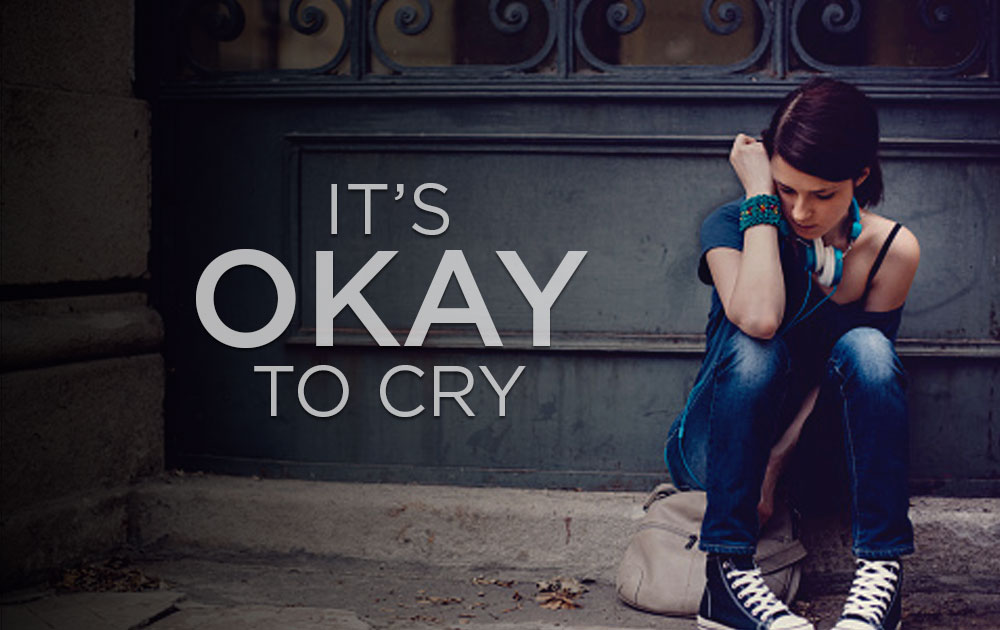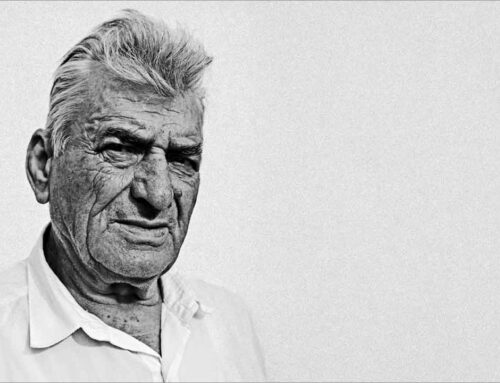Written by Taylor Jones.
When I was younger, back in high school, I was known as a drama queen. I wore this title with pride, because I thought this was recognition for wanting to be a Broadway star. I thought my classmates had actually noticed my work on stage, or recognized my passion for the arts. Eventually I realized that I wasn’t being called a drama queen for my ambition; I was being called a drama queen because of my behavior. My self image was shattered the day this was recognized.
They just stuck to the thought that I was a drama queen, seeking attention.
I was always over the top; I was loud, I loved my friends a lot, always greeting them with warm hugs. I felt things on a higher emotional level than what would be considered normal for a child, or a teenager. A lot of times, I wasn’t in control of my emotions. I would find myself, very publicly, crying in front of my classmates. Sometimes it was over something little, like a crush not working out (crushes never work out when your small school thinks you’re crazy), sometimes it was because of undiagnosed PTSD flashbacks or panic attacks, and sometimes, there was no reason to cry at all. My classmates (and most of my teachers for that matter) didn’t know what to make of me; so they just stuck to the thought that I was a drama queen, seeking attention.
I planned on leaving the drama queen status behind when going to college, but after sinking into a deep depression, bombing classes, and just becoming a sobbing emotional mess, I not only regained status as a drama queen, but dropped out of college, just to end up with a crappy boyfriend who called me a cry baby and drama queen as well.
People are uncomfortable with seeing a mental illness physically manifest.
One of the most damaging experiences I’ve faced while struggling with a mental illness is being called names that discredit my feelings; and it’s a very common occurrence when you live with a mental illness. I’ve personally experienced “drama queen,” “cry baby,” “freak,” “crazy,” and people even calling my by my diagnosis, as if I’m defined by a mental illness. People are uncomfortable with seeing a mental illness physically manifest; it spooks people, and some don’t know how to handle that, thus resorting to name calling, or worse. I wish I could say words are just words, but I try very hard not to cry anymore. I tend not to react to things in public, and I handle bad news as if someone was telling me the weather. I’ve become cold to a lot of things in my life, to avoid being a “drama queen,” and it’s made me sink even deeper into my depression. However, this ends up only resulting in anger outbursts, or times where I can’t stop crying; or worse, me falling into a hibernation type sleep, where I stay asleep for days to avoid feelings. Now, I’m even at the point that I’m afraid to go anywhere near my hometown, because I don’t like that I’m probably remembered as the crazy girl.
It is okay to talk about feelings; we’re all only human.
Humans will feel how they feel. It is okay to cry, it is okay to feel emotions; it’s not safe, or right to bury how you’re feeling. It is okay to talk about feelings; we’re all only human. We all react to things different ways. Remember this the next time you see someone in public who may be crying. The aren’t seeking attention; but they may need validation in their emotions or sorrow. Try to treat others with compassion. Words can cut deep, especially when talking to someone with a mental illness.
Schizophrenic.NYC Mental Health Clothing Line Blog Post
Schizophrenic.NYC Mental Health Clothing Line Blog Post






